Common and Helpful Coping Skills for Anxiety
Deep Breathing:
Practice deep, slow breaths to calm the nervous system. Inhale slowly through your nose, hold for a few seconds, and exhale through your mouth.
Mindfulness Meditation:
Engage in mindfulness or meditation exercises to stay present and focused on the current moment.
Progressive Muscle Relaxation (PMR):
Tense and then slowly release each muscle group in your body, starting from your toes up to your head.
Guided Imagery:
Picture a calming and peaceful scene in your mind to redirect your thoughts away from anxiety.
Positive Self-Talk:
Replace negative thoughts with positive affirmations and realistic self-talk.
Grounding Techniques:
Use your senses to connect with the present moment. Focus on the feel of an object, the smell of something pleasant, or the taste of a soothing beverage.
Journaling:
Write down your thoughts and feelings to gain clarity and perspective on what's causing anxiety.
Physical Exercise:
Engage in regular physical activity to release built-up tension and boost endorphins.
Limit Caffeine and Sugar:
Reduce intake of stimulants, as they can exacerbate anxiety symptoms.
Establish a Routine:
Create a structured daily schedule to provide a sense of stability and predictability.
Social Support:
Talk to friends, family, or a trusted person about your feelings. Social connections can provide comfort and understanding.
Hobbies and Distractions:
Engage in activities you enjoy to distract yourself from anxious thoughts.
Time Management:
Break tasks into smaller, manageable steps and prioritize them to reduce feelings of overwhelm.
Limit Exposure to Stressors:
Identify and minimize exposure to triggers that contribute to your anxiety.
Relaxation Techniques:
Explore various relaxation methods, such as yoga, tai chi, or progressive muscle relaxation.
Humor:
Find humor in everyday situations or watch something lighthearted to lift your mood.
Acceptance and Commitment Therapy (ACT):
Embrace acceptance of anxious thoughts and feelings while committing to actions aligned with your values.
Breathing Exercises:
Practice different breathing exercises, such as diaphragmatic breathing or box breathing.
Professional Support:
Consider seeking help from a mental health professional, such as a therapist or counselor.
Medication:
Consult with a healthcare provider about the potential benefits of medication for managing anxiety.
Remember, it's essential to experiment with different strategies to find what works best for you.
